
As writers, we want to make it difficult for the reader to pause, and chapter ends can feel like a logical place to stop. In an International Thriller Writers interview, author Isabella Maldonado refers to a suspenseful chapter ending as a “springboard” that launches reader into the next section.
Here are a few guidelines for creating those springboards and cliffhangers (from my writingworkshop about maximizing suspense).

In Tiffany D. Jackson’s young adult novel, Allegedly, the main character, Mary, is living in a group home after being sent to jail for allegedly killing a baby. After learning that she’s pregnant, she meets with her parole officer, Winters, about trying to reopen the case to prove her innocence and keep her future child. The conversation does not go well. Chapter five ends:
“I head back to my room and the girls are all quiet. My sheets are in the hallway again. But this time there are holes cut in them; my flat sheet is a slice of Swiss cheese. Someone must have heard me talking to Winters. That doesn’t bother me. What bothers me is who else has a knife in here besides me.”
With this effective cliffhanger, Jackson creates an obstacle (Mary fails to convince Winters), raises the stakes (the situation with the other girls escalates), and ends on a moment of high tension (the implied future danger of the knife).
If a chapter ends with a knife, it feels like cheating the reader if the weapon is never mentioned again. As Anton Chekhov said, “One must not put a loaded rifle on the stage if no one is thinking of firing it.” Jackson's cliffhanger (above) works well because the reader anticipates a future confrontation involving a knife, and she delivers that in later chapters.
Noah Lukeman (The First Five Pages) suggests ending on an impactful sentence but notes that one great closing line isn’t enough if the passages before it are boring. The hook isn’t a “gimmick to catch attention.” Instead we should lead up to it, so that the hook and the text belong together.
Chapter endings are more art than science. For example, Suzanne Collins ends chapter nine (and part one) of The Hunger Games in the middle of Peeta’s interview with Caeser, right after he reveals his feelings for Katniss. Her reaction and the end of the interview begin part two, and this mid-scene break compels the reader to continue.

As writers, closing a chapter as a character goes to sleep for the night feels like a natural break, but it’s often best not to end on a calm, restful moment. Even bedtime can have tension. For example, the end of chapter one in Pandemic sets up the notion that Lil’s safety is a misconception:
"In my room, I checked updates on my phone. . . . Police foiled a bombing attempt on a train in Chicago. Four people were sick from an unidentified illness in Maryland. A listeria outbreak caused the recall of cantaloupes from Guatemala. Based on today’s news and our dinner conversation, I added 'lead poisoning,' 'influenza,' and 'food recall' to my alert list.
I snuck downstairs after my parents were in bed. Our organic cantaloupe was from California, but I threw it out anyway. I pitched the honeydew melon, too, just in case.
Portico, New Jersey, was still safe. Snuggled under my quilt, I tried to sleep wrapped in the comfort of that illusion."
As another example, at the end of chapter six in The Hunger Games, right before she goes to sleep, Katniss sees someone who had tried to escape from the Capitol. This causes her concern for a number of reasons as the day draws to a close and ends the chapter on a disconcerting note.
Look at the ending paragraphs of a novel you've enjoyed. On a scale of one to ten, how tense is the chapter end? How does the tension build? What emotion does each chapter close on, and how does that vary throughout the story? We can learn a lot by reading as a writer.
If you a "pantser," you could write a first draft without breaking the manuscript into any real chapters at all if you wanted. Creating cliffhangers could be handled during revision, when you’ve got the entire story mapped out. If you're a plotter, you can consider chapter endings in your outline. Keep in mind, the best rules are the ones that work for your process.

Every month, the Insecure Writers Support Group hosts a blog hop with an optional question meant to inspire and encourage other writers. Special thanks to founder Alex Cavanaugh and to this month’s co-hosts, Ronel, Deniz, Pat Garcia, Olga Godim, and Cathrina Constantine. This month’s question:
"This suspense is terrible. I hope it will last." ~Oscar Wilde
Happy Writing!

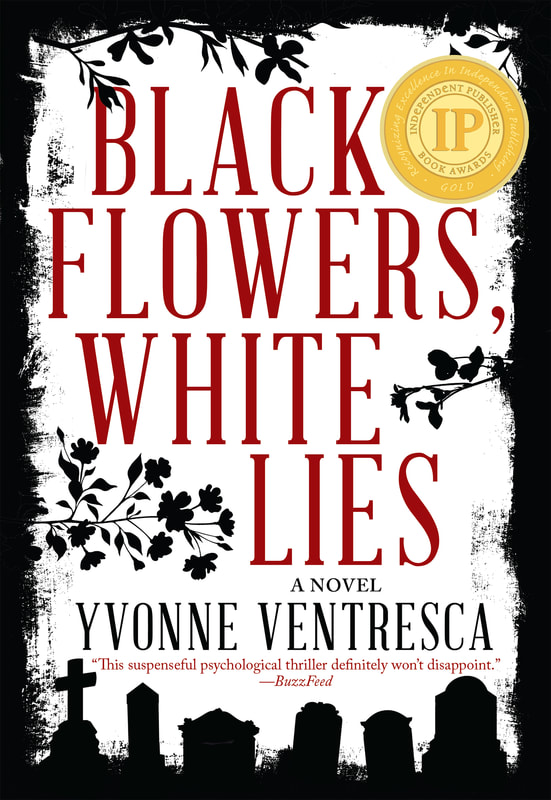
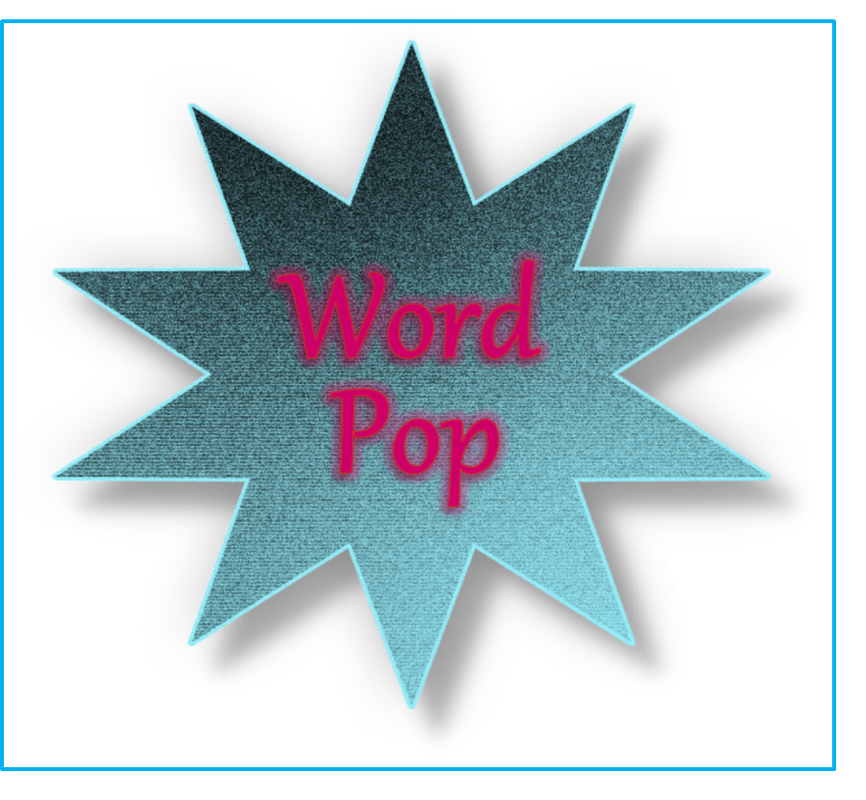
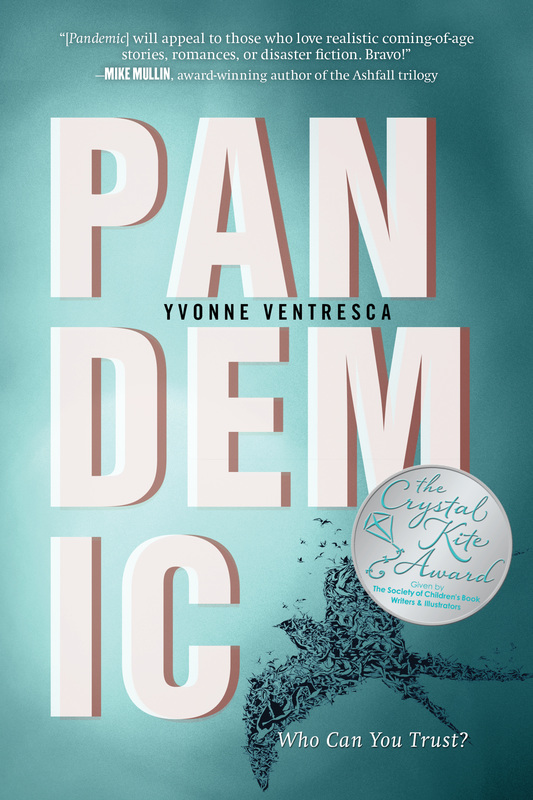
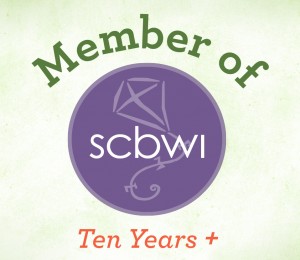


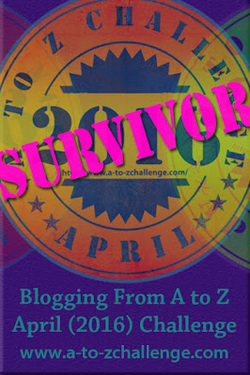
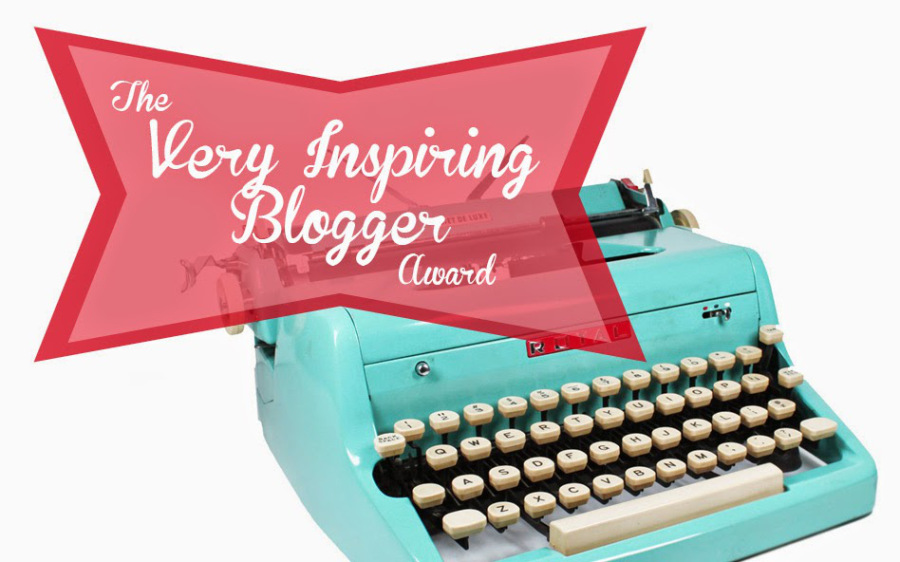
 RSS Feed
RSS Feed